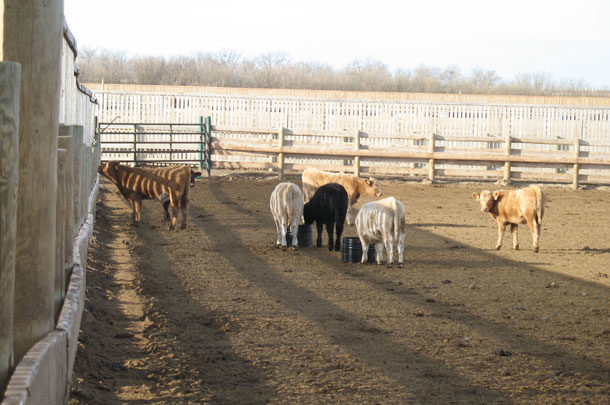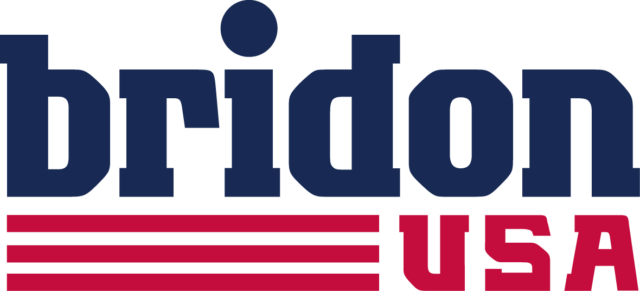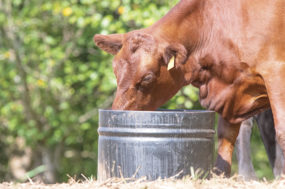Oftentimes, stressed calves experience a reduction in feed intake, along with elevated levels of stress hormones. These stressors can have a deleterious affect on the calf’s immune system, which, in turn, could lead to weight loss and illness.
Using self-fed supplements can help ensure successful calf weaning, as supplements provide the essential minerals necessary for combating stress, and those minerals are delivered in a palatable form that also includes other critical nutrients. Feeding these supplements to both cows and calves prior to weaning is particularly beneficial, as the familiarity of the supplement will be helpful when it is provided again during the weaning period.
If calves haven not been provided tubs or blocks before weaning, strategically place supplements around the perimeter of the pen so they are visible, and calves can interact with them while circulating through the yard. Thanks to their curious nature, calves will start licking the palatable product and begin to consume feed in the bunk much more quickly.
In addition to delivering valuable nutrients, the licking action itself is also highly beneficial for calves provided self-fed supplements during weaning; as the calves lick the product, they produce more saliva, which is important because production of saliva is crucial for calves on feed, as it features many advantageous functions.
Functions of saliva:
1. Lubrication and taste: Facilitates mastication (chewing) and swallowing of the bolus – this improves both digestibility and chewing of cud
2. Enzymatic activity: Contains lipases (enzymes that break down fat) that preferentially hydrolyze short-chain fatty acids from triglycerides, as well as amylase, which begins the breakdown of starch
3. Source of nutrients for ruminal microorganisms: Mucoprotein and urea serve as nitrogen sources, and electrolytes – particularly sodium – are growth factors for ruminal bacteria.
4. Influences the nutrient removal rate from the rumen: Important contributor to fluidity of ruminal contents
5. Buffering capacity: One of the major functions of saliva is to serve as a bicarbonate and phosphate buffer.
6. Antifoaming agent: Mucin is an effective anti-foaming agent and serves a role in preventing bloat.
7. Source of antibodies: Conveys antibodies to the rumen, although extent of the significance of this action is currently not entirely understood
Saliva is often taken for granted, but it plays an important role in nutrient breakdown and even overall digestion, as it encourages increased consumption of the diet. Cattle produce about 10 to 45 gallons of saliva per day – the exact volume depends on what type of feedstuff is being consumed and the amount of time spent ruminating. Roughage-based diets increase saliva production because of the elevated rumination activity they induce, while concentrate-based diets reduce the amount of saliva produced.
If recently weaned calves aren’t consuming as much in the feedbunks as they should, self-fed supplements can help. Many products have been specifically fortified with pre- and post-weaned calves in mind. Self-fed supplements can offer an around-the-clock, highly palatable source of protein, energy, minerals and vitamins and will stimulate saliva production, enhance intake and increase digestibility. Do not wean your calves without first providing a them a self-fed supplement – and the nutritional and saliva-producing benefits they contain. ![]()
References omitted but are available upon request. Click here to email an editor.
PHOTO: If weaned calves don’t eat much from the bunk, self-fed supplements can provide palatable nutrients. Photo courtesy of Ridley Block.

-
Jill Larson
- Ruminant Support Nutritionist
- Ridley Block Operations
- Email Jill Larson









